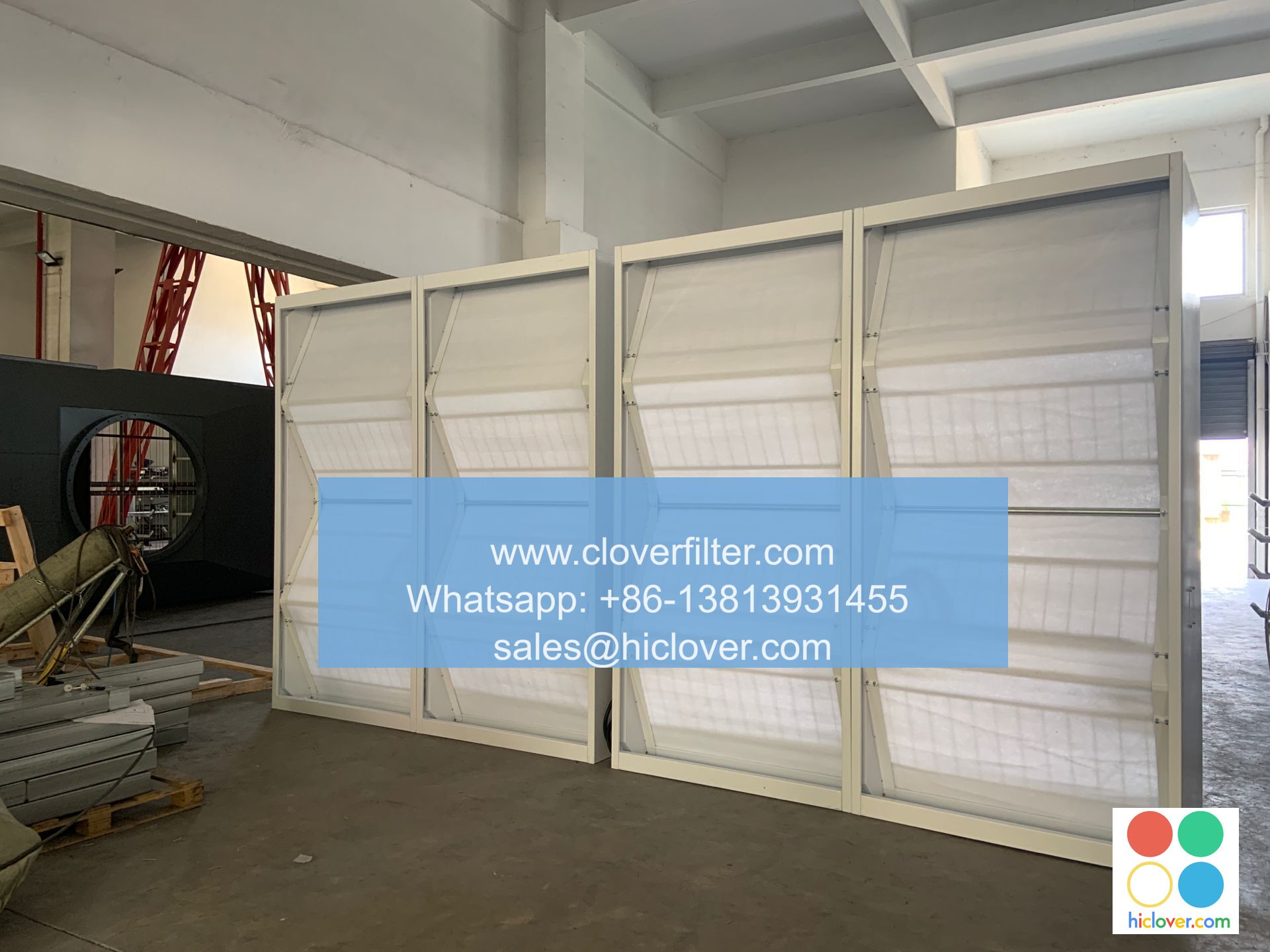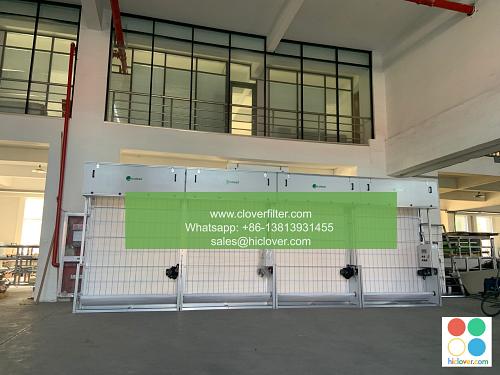Air Filter Systems for Industrial Facilities

Industrial facilities, such as manufacturing plants, warehouses, and construction sites, are often filled with airborne contaminants that can pose serious health risks to workers and damage equipment. Air filter systems are a crucial component in maintaining a clean and healthy work environment, and are used in a variety of industrial air filtration applications, including dust collection, odor control, and hazardous chemical filtration. In this article, we will explore the importance of air filter systems in industrial facilities, and highlight various application areas where these systems are used.
Types of Air Filter Systems
There are several types of air filter systems used in industrial facilities, including HEPA (High Efficiency Particulate Air) filters, activated carbon filters, and ionizers. HEPA filters are designed to capture 99.97% of particles as small as 0.3 microns, making them ideal for cleanroom applications and pharmaceutical manufacturing. Activated carbon filters are used to remove odors, gases, and chemicals from the air, and are commonly used in wastewater treatment plants and chemical processing facilities. Ionizers use electrical charges to attract and trap airborne particles, and are often used in electronic manufacturing and data centers.
Application Areas
Air filter systems are used in a variety of industrial applications, including:
* Manufacturing facilities: Air filter systems are used to remove dust, metal shavings, and other particulates from the air, improving indoor air quality and reducing the risk of respiratory problems.
*
* Construction sites: Air filter systems are used to remove dust and debris from the air, reducing the risk of respiratory problems and improving indoor air quality.
* Pharmaceutical facilities: Air filter systems are used to maintain cleanroom conditions and prevent contamination of pharmaceutical products.
* Food processing facilities: Air filter systems are used to control odors and moisture in food processing facilities, preventing product spoilage and maintaining a clean and healthy work environment.
Benefits of Air Filter Systems
The use of air filter systems in industrial facilities offers a number of benefits, including:
* Improved indoor air quality: Air filter systems remove airborne contaminants, improving indoor air quality and reducing the risk of respiratory problems.
* Increased productivity: By maintaining a clean and healthy work environment, air filter systems can improve worker productivity and reduce absenteeism.
* Reduced equipment damage: Air filter systems can help prevent equipment damage caused by airborne contaminants, reducing maintenance costs and extending equipment lifespan.
* Compliance with regulations: Air filter systems can help industrial facilities comply with regulations and standards related to indoor air quality and worker safety.
Conclusion
Air filter systems are a crucial component in maintaining a clean and healthy work environment in industrial facilities. By removing airborne contaminants, air filter systems can improve indoor air quality, reduce the risk of respiratory problems, and increase productivity. With a variety of application areas and types of air filter systems available, industrial facilities can choose the system that best meets their needs and budget. Whether you are looking to improve indoor air quality, reduce equipment damage, or comply with regulations, air filter systems are an essential investment for any industrial facility.
It looks like you’re ready to start a conversation, but you haven’t given me a specific topic or question to work with. That’s perfectly okay! I can suggest some prompts to get us started. Here are a few ideas:
- Imaginary world: I can help you create a fictional world, complete with its own geography, history, and rules.
- Storytelling: I can start telling a story, and you can take over at any point to add your own twists and turns.
- Trivia: We can play a game of trivia, with me providing questions on a wide range of topics, from science and history to entertainment and culture.
- Conversational game: We can play a game like “Would you rather…”, “Two truths and a lie”, or “Hangman” to get our conversation started.
- Discussion topic: I can suggest some thought-provoking topics, such as AI ethics, space exploration, or social issues, and we can have a respectful discussion about them.
Which one of these prompts sounds interesting to you, or do you have something entirely different in mind?

